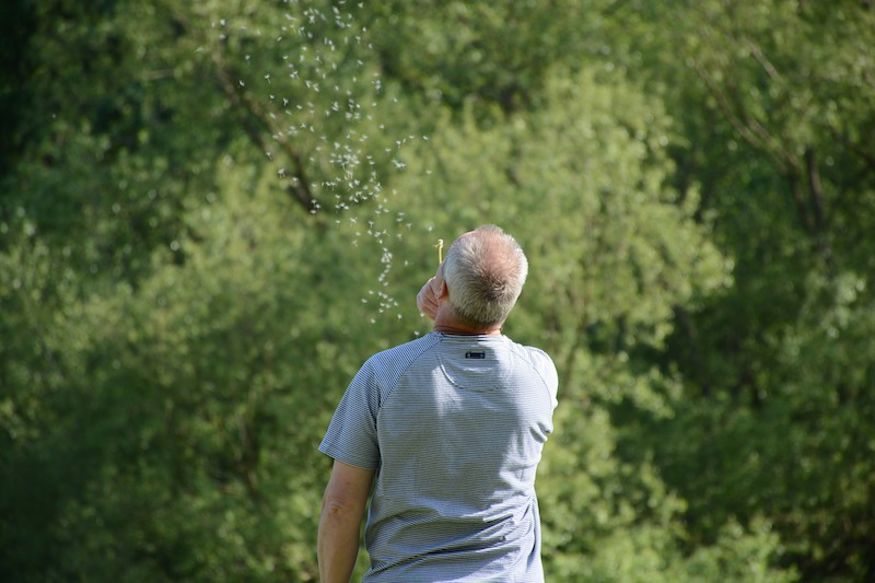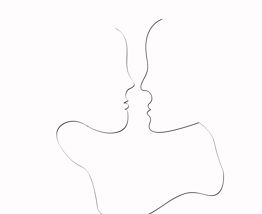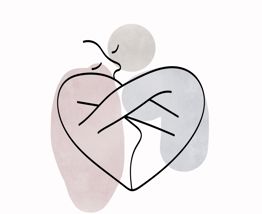Enrol in an online course today for flexible, self-paced learning—no fixed schedule required. Plus, enjoy lifetime access to course materials for convenient revisiting.
Working with Avoidant Attachment: Dandelions, Orchids and Secondary Defences

The world we have always taken for granted has been shaken up by the coronavirus pandemic. Many put their own lives at risk daily to help others, while some others already seem to have adapted to this new environment. There are ‘avoidant’ individuals in both groups.
One variant of the ‘avoidant personality’ is motivated to work hard, to be driven even to the point of self-harm, sacrificing themselves if need be. What may look like ambition can disguise a sense of unworthiness. The benefits may include status, financial reward, feeling valued by others for what we do (rather than who we feel ourselves to be) and, to some extent, self-respect. I suspect this describes the motivations of many in the medical profession as well as quite a few therapists. Caring for others is a way of atoning for our own perceived inadequacies.
A second variant is the insular, self-contained personality whose relational needs are deeply buried and denied. They are content alone and find the intrusion of other people into their quiet worlds an annoyance. However they fill their time, close contact with other people is avoided.
There are many other ‘types’ of avoidant personality and few people fit neatly into a category. There are many reasons for this, including:
- Having different patterns of attachment with two or more important caregivers in early life: secure, ambivalent, avoidant or disorganised (these are all internalised and modify each other, but when push comes to shove, one tends to dominate – our core pattern)
- Later significant relationships where a person’s beliefs about other people and himself are consistently challenged
- Events in the family of origin that change the child’s relationship with his attachment figures
- Whether he is a ‘dandelion’ or an ‘orchid’
Dandelions versus orchids
The ‘dandelion / orchid hypothesis’ concerns a child’s sensitivity to his relational environment. ‘Dandelion’ children are the adaptable ones who can cope with life’s challenges pretty well; they toughen up and get on with things while the ‘orchids’ need more specialised care – they need their environment to adapt to them. When that doesn’t happen, they are perhaps more prone to shame and withdrawal. And, as a bit of a gardening buff, I know that orchids come in many varieties from the ones you can buy at the supermarket that cope with some neglect, right through to those that only survive in the branches of specific tree species in the cloud forests of Costa Rica. The human equivalent feels deeply wounded by misattunement, never mind criticism or rejection, and withdraws from close contact with people.
The secondary defence: a case vignette
But I want to mention another pattern I have come across many times in my practice: I refer to it as the secondary defence. Here’s an example:
Tom lives alone and works in IT. He has a relationship with Eloïse, who lives in Paris. They meet up once or twice a month, either in the UK or France, and communicate via social media and occasional phone calls. This arrangement suits them both just fine till Eloïse goes quiet, taking a day or two to respond to Tom’s messages and making excuses to avoid getting together. Tom begins to get angry, then insecure. He tries to lure her back with seductive messages then hints that he’s found someone else. Eloïse blocks him on social media.
Tom starts losing sleep, can’t concentrate on work, finds himself in tears desperate to get her back. He does not recognise himself. He considers asking his GP for antidepressants but instead decides on therapy (online, of course).
My hypothesis is this (and there is some evidence to support it): early in life, Tom’s mother made him feel special but she often went out, leaving him with a childminder. He protested in every way possible, including being ill, and sometimes his mum changed her mind and stayed home to care for him. But once he was a bit older his protests stopped working. In fact, he would then be left at home alone. No amount of distress changed her mind. Tom had to give up hope of experiencing that special intimacy with her again and hardened himself, shutting down his longing.
And then along comes Eloïse, and their relationship recreates Tom’s with his mother. His secondary defences that have kept people away now break down and he is back to his core of anxious attachment, desperate to get his mother / partner back. And, of course, he despises himself for falling apart.
There is one more significant factor in a person’s core pattern of attachment and that is whether or not they have had a meaningful experience of psychotherapy. I hope I can help the ‘Toms’ and others like him who come to see me.
The next few blogs will focus on how therapy can help avoidant clients.


















